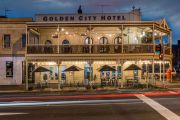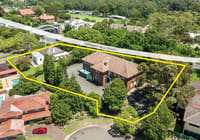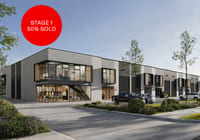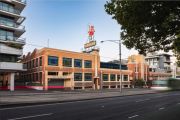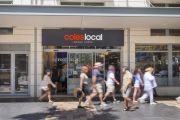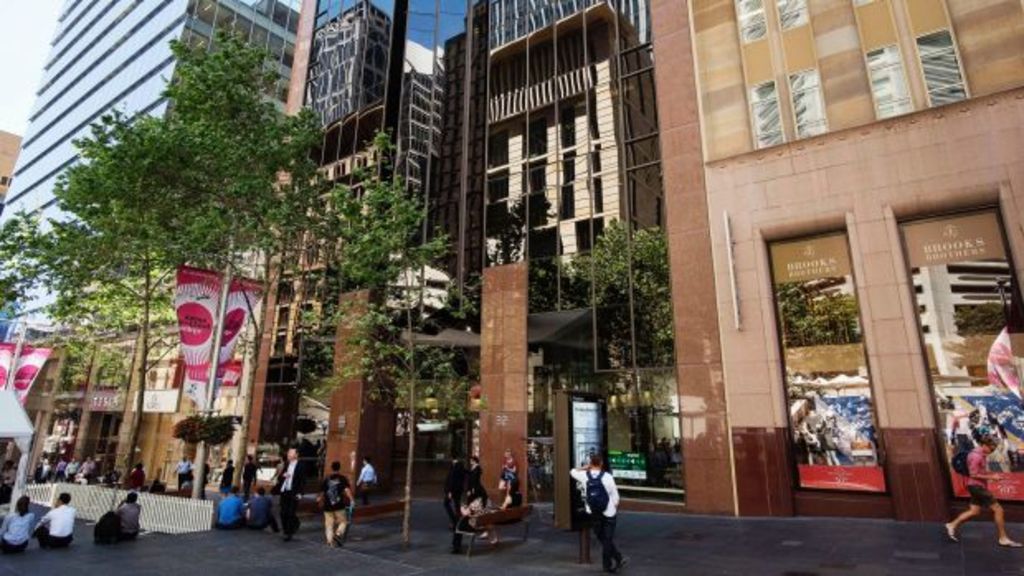
Tech giants turning Sydney's CBD into 'Silicon Place'
Global technology titans are congregating in Sydney’s central business district, providing a commercial property fillip just as Australia’s record housing boom starts to tire.
The tech invasion – with locals now dubbing Martin Place, once the heartland of the finance sector, “Silicon Place” – has tightened the office rental market and helped drive down the city’s vacancy rate to a near-decade low, according to property manager Jones Lang Lasalle.
Amazon, among the latest tech heavyweights to expand in Australia, has snapped up a sprawling nine-floor office in the city’s financial hub, with sweeping views of Sydney Harbour Bridge and Hyde Park.
Nasdaq-listed cloud computing firm LogMeIn has taken over two floors in a Martin Place building that also houses a glitzy Tesla showroom, in what it calls its new Asia-Pacific headquarters.
Martin Place, once dominated by the country’s major banks – which have mostly decamped to other locations in the central business district – now also has Facebook, Alphabet’s Google, LinkedIn and Apple among its residents. Silicon Place, which extends into George St, also includes Expedia, Dropbox, the WeWork co-working space and homegrown tech company Atlassian.
The premium of Australian property yields to three-year term deposit is close to record highs, and gross rents in Sydney have risen by nearly a quarter in the 12 months to September.
“The global economy is on an upswing and you’ve got a geographically constrained market in Sydney. I’d call it a perfect storm,” said Trent James, office property portfolio manager at Charter Hall Office Trust.
As new entrants come in and existing residents expand, several time-worn buildings have been demolished to make way for the high-tech spaces now in vogue.
But office property managers and landlords don’t expect new supply to come in before 2020, meaning the market will remain tight for the next couple of years at least.
The building spree should add to growth and boost employment in the construction industry, a big plus as Australia’s $1.7 trillion economy transitions away from a once-in-a-decade mining boom.
Sydney and Melbourne – Australia’s two biggest cities – are both seeing strong leasing enquiries for offices, and other business hubs, including Perth, have gathered momentum, JLL data shows.
“Sydney and Australia are very similar to the United States in terms of technology adoption, growth and maturity. It’s a nice gateway to Asia,” said Lindsay Brown, Asia-Pacific vice president at LogMeIn.
“Sydney’s CBD is a tight market for office properties so we had a bit of luck and good timing to secure this place.”
AAP

